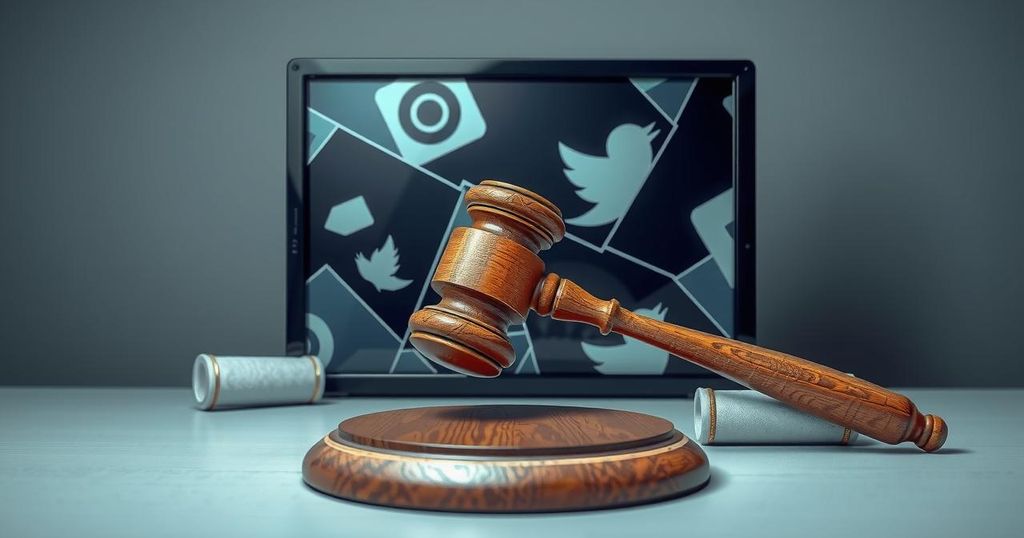Kenyan Court Upholds Lawsuit Against Meta for Alleged Role in Tigray Violence

The Kenyan High Court has allowed a lawsuit against Meta for its alleged role in inciting violence during Ethiopia’s Tigray conflict. Claimants argue that Facebook’s algorithms promoted hate speech, contributing to violence. They seek a $2.4 billion restitution fund and algorithm reforms. Meta denies the allegations, but the ruling signals a growing demand for accountability among tech giants.
The Kenyan High Court has permitted a significant lawsuit against Meta, the parent company of Facebook, concerning its alleged role in inciting ethnic violence during the Tigray conflict in Ethiopia. The plaintiffs, composed of two Ethiopian nationals and the Katiba Institute, assert that Facebook’s platform facilitated hate speech and promoted violent content through its algorithms from 2020 to 2022. This decision is pivotal in emphasizing accountability for technology companies regarding the content they host.
Among the plaintiffs is Abrham Meareg, who tragically lost his father, Professor Meareg Amare, after his information was disseminated on Facebook alongside threats of violence. The other claimant, Fisseha Tekle, encountered online hostility due to his reporting on the conflict while working with Amnesty International. Both individuals seek a restitution fund of $2.4 billion aimed at supporting victims, alongside calls for reforms to Facebook’s algorithm to curtail the spread of hate speech.
Meta has denied these allegations, asserting that the company has taken measures to enhance safety and content moderation in conflict zones. It further contends that local jurisdictions lack authority to hear cases against it in areas where it is not officially registered. Nevertheless, the court’s ruling underscores an increasing demand for tech companies to assume greater accountability for the impacts of their platforms on societal issues, particularly in crisis situations.
In summary, the Kenyan court’s decision to allow the lawsuit against Meta represents a crucial step towards ensuring that technology companies are held accountable for their role in exacerbating violence through unregulated content. The plaintiffs’ demands for financial restitution and algorithm reforms signify a broader call for ethical responsibility in managing harmful content worldwide. This ruling has the potential to inspire similar actions in other jurisdictions, challenging the notion that social media platforms can operate without accountability.
Original Source: northafricapost.com







